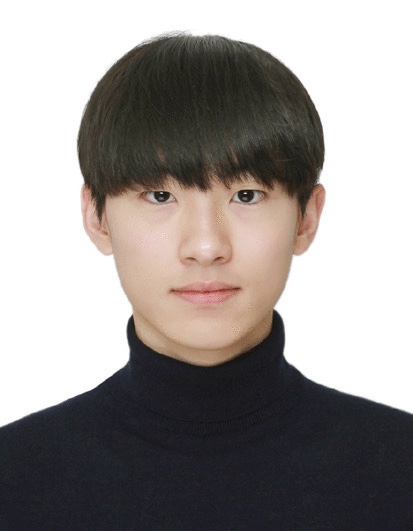After a long day at the office, watching the tedious opening ceremony of the Tokyo Olympics on Friday night was a difficult task. In a speech that made the event more wearisome, Thomas Bach, president of the International Olympic Committee (IOC), announced a new word (together) to the original Olympic Motto (Faster, Higher, Stronger). Although this announcement was called a “desperate attempt” of the committee as they were hosting a global event amid the pandemic, the phrase struck me in a different way.
Recalling experience during the Summer Experience in Society (SES) program as an intern at the Korea Brain Research Institute (KBRI), a government-funded research institute, I realized that being an Olympic athlete and working in an office share common goals. We both perform under pressure and face high expectations. On my first day of my internship, I was told that I could not have a working desk of my own because there were not enough seats in the office. More arduous challenges came after that. There were no specific papers that I had to read, nor specific projects assigned to me. Still, my coworkers had high expectations of me to help with their experiments, as I was a student of POSTECH. Being accustomed to regular exams and assignments of POSTECH, keeping up with the opaque objectives and unspoken rules of the working environment was not an easy job.
Nevertheless, as time passed by, I gained confidence by coming up with an Olympic strategy. I tried to work faster, aim higher, become mentally stronger, and most importantly, work together. And to be an effective team member, I learned that smooth communication was essential. In lieu of struggling to find solutions to a problem alone, discussing the issue with others always led to better results. After all, researching and analyzing data need numerous trials and discussions, backed up with financial support and united passion—a feat that can only be achieved as a team. Thus, in places where the coherent transition of tasks is crucial, having sensible communication skill is more important than being able to recite lines from textbooks and papers. I am sure that the same objectives will hold in other working fields. Thus, today, we cannot help but revamp ourselves into Olympians to survive in the so-called “jungle” of the workplace.
These lessons were the reason I had flashbacks to my office as Thomas Bach spoke at the Olympic opening ceremony. Apart from his status as an IOC chairman, Bach himself was a fencing gold-medalist for West Germany. If there was a skill that I could learn from him, it would surely be his mental agility as an athlete and his determination for solidarity at the Tokyo Olympics.
Lasting a little short of eight weeks, my SES program would not have been the apt choice if I were to publish a decent research paper. However, with the chance to overcome the most enduring tasks as an intern, SES has shaped me to become a more competent person. Now I feel that I am ready, even if I am hurled again into another office, for I have learned all the prerequisite skills as an employee. Furthermore, experiencing the reality of working in a lab has truly helped design my future career as a biologist.
If you are fretting about the hardships of becoming an intern, forget about it and submit your application to the next year’s SES—as it will transform you to become an Olympian in the future.



